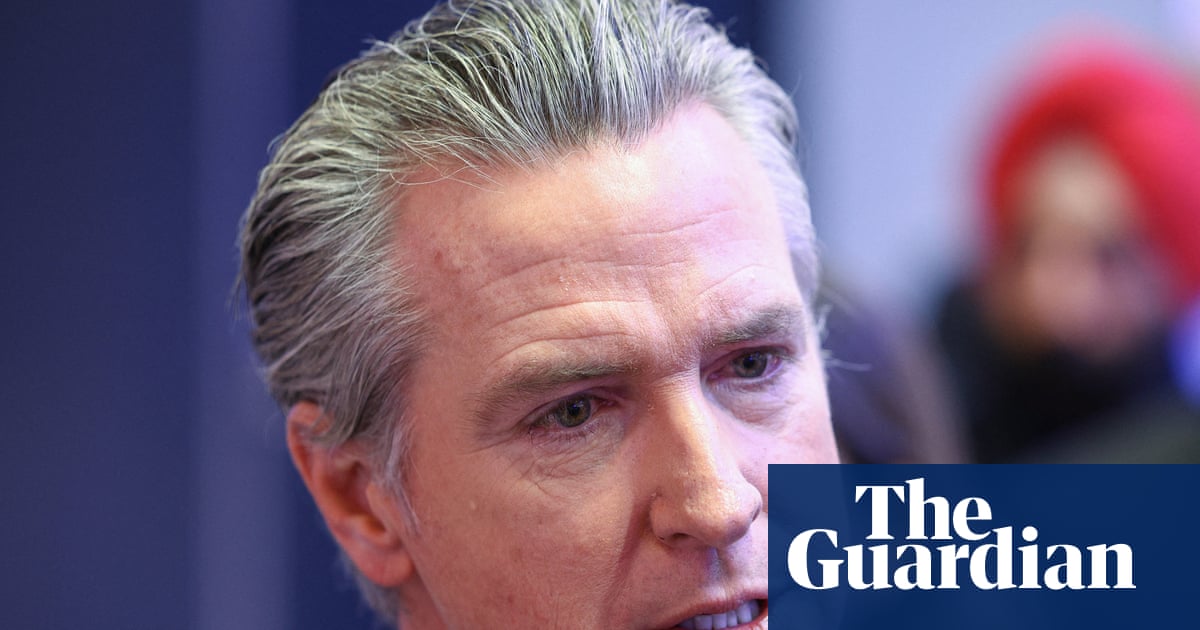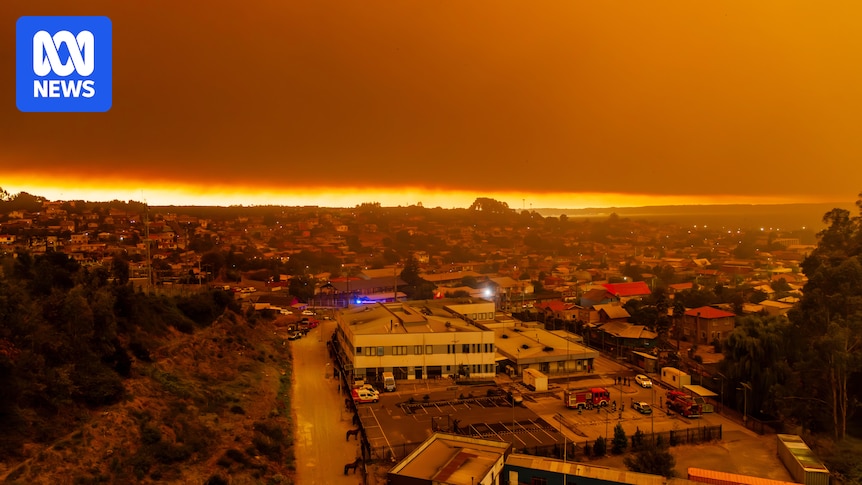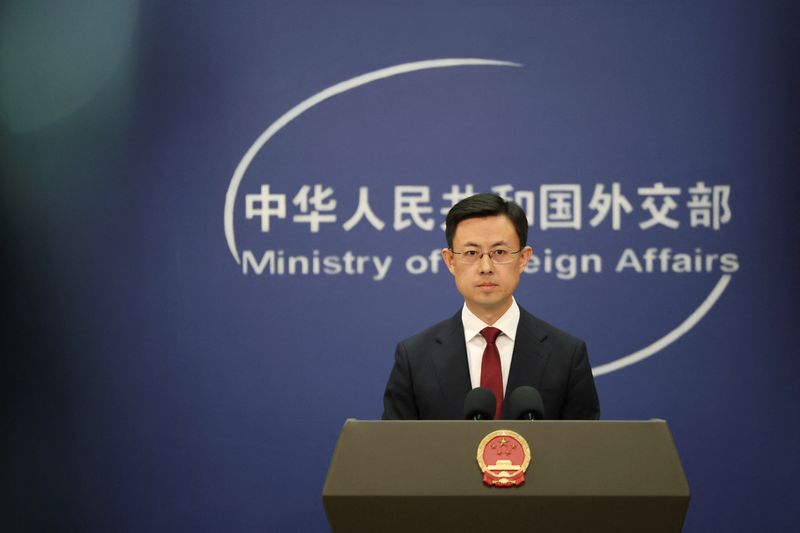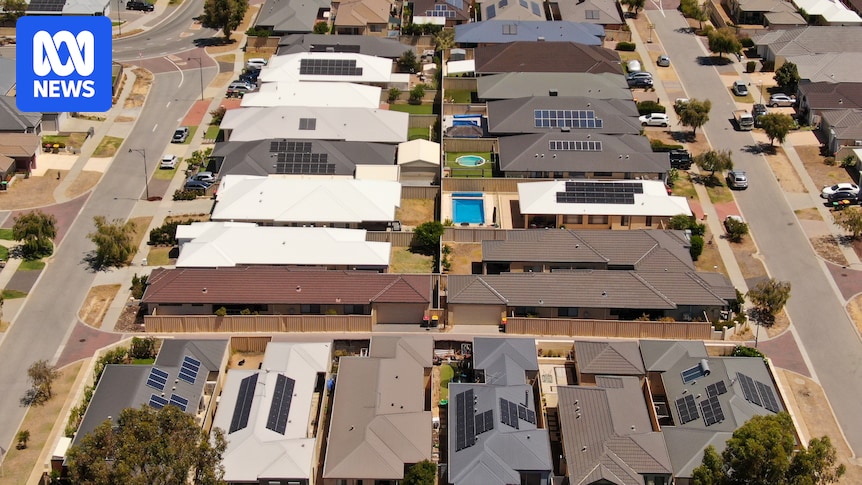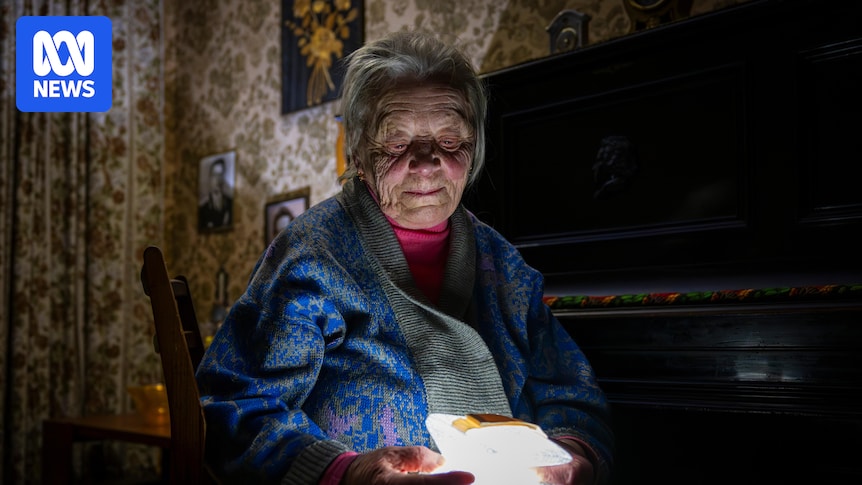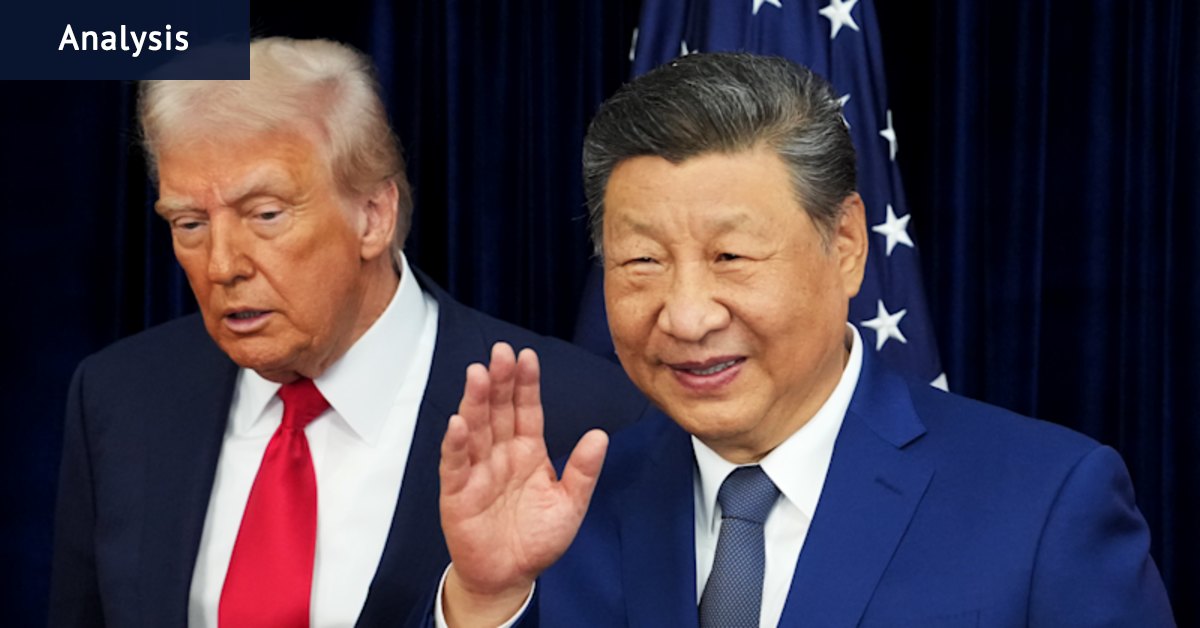
In July, Anastasia Samsonova, a 33-year-old human resources professional from Russia, embarked on an unusual vacation to the Wonsan Kalma Coastal Tourist Zone in North Korea. This newly opened resort, located on the country’s east coast, is part of North Korea’s efforts to boost tourism. However, the trip was anything but typical, as it was heavily monitored by security guards and bound by strict regulations.
The Wonsan Kalma resort, which opened its doors on July 1, is situated in a region where North Korean leader Kim Jong Un spent much of his youth. It features hotels, restaurants, shopping malls, and a water park, according to state media. Despite being marketed as open to international tourists, only Russian visitors, organized by accredited travel agencies, have been allowed entry so far.
The Experience of a Controlled Vacation
Anastasia’s visit was part of a group of 15 tourists, all of whom were accompanied by guides and guards. The itinerary was fixed, and any deviation required permission from North Korean authorities. The presence of guards was explained as a measure to prevent unexpected interactions with locals, who were reportedly surprised to see foreigners due to the country’s long-standing isolation.
Despite these restrictions, Anastasia described the beaches as “immaculate” and mostly deserted, offering a unique experience of solitude. “Every day the beach was cleaned and levelled perfectly,” she noted. “The loungers were absolutely new, everything spotless.”
North Korea’s Tourism Ambitions
The development of Wonsan Kalma is part of a broader strategy by Kim Jong Un to enhance North Korea’s tourism sector. The resort draws inspiration from Spain’s Benidorm, a popular tourist destination that North Korean officials visited for research in 2017. However, the construction of the resort has been shrouded in secrecy, with reports of harsh working conditions for laborers.
Since the COVID-19 pandemic, North Korea had paused international tourism to prevent the spread of the virus. While the country briefly opened its doors to tourists from Western countries earlier this year, this was quickly halted without explanation. Currently, only Russian tourists are allowed, with two groups having visited so far.
Economic and Political Considerations
A week-long trip from Russia to North Korea, including three days at the Wonsan Kalma resort, costs approximately $1,800 (£1,300), which is significantly higher than the average monthly salary in Russia. Some tour advertisements even highlight the proximity to a missile testing site, presenting it as a “unique” vacation experience.
Despite the high costs and restrictions, Anastasia expressed a desire to return. “We’re thinking about gathering the whole group next year to go to the same place,” she said, mentioning a nearby ski resort she hopes to visit in the future.
Challenges and Future Prospects
The future of tourism in North Korea remains uncertain. While Russian travel agency Vostok Intur reported high interest in potential tours, North Korean authorities have yet to approve further visits. Even Chinese citizens, from North Korea’s main ally, face difficulties accessing the resort.
According to Andrei Lankov, a professor at Kookmin University in Seoul, North Korea deliberately limits tourist numbers to prevent its citizens from unfavorable comparisons with wealthier foreigners. “Ordinary people might begin to wonder, ‘How is it that even without our great leader, they seem to live so well?'” Lankov explained.
Despite these challenges, tourism from Russia to North Korea has been on the rise, albeit modestly. In 2024, about 1,500 Russians visited North Korea, a number that increased in the second quarter of 2025.
As North Korea continues to navigate its complex relationship with international tourism, the Wonsan Kalma resort stands as a symbol of both ambition and controversy. Human rights groups have criticized the treatment of workers involved in its construction, highlighting the broader issues surrounding North Korea’s economic strategies.
For now, the resort remains a rare glimpse into a country that remains largely closed off to the world, offering a controlled yet intriguing experience for those who manage to visit.
